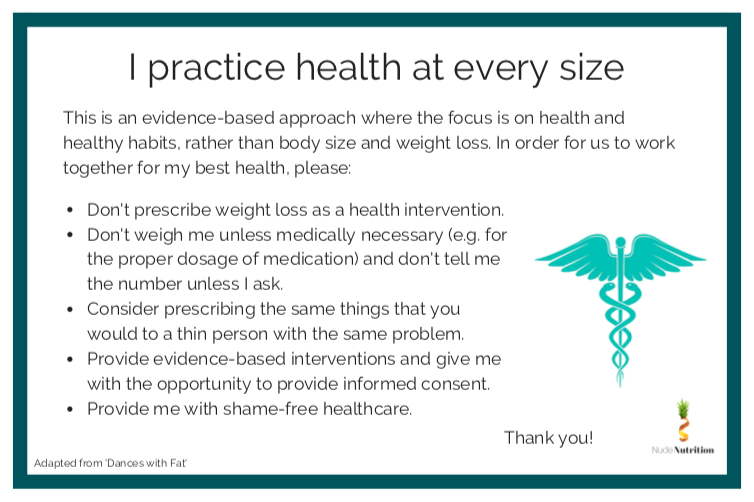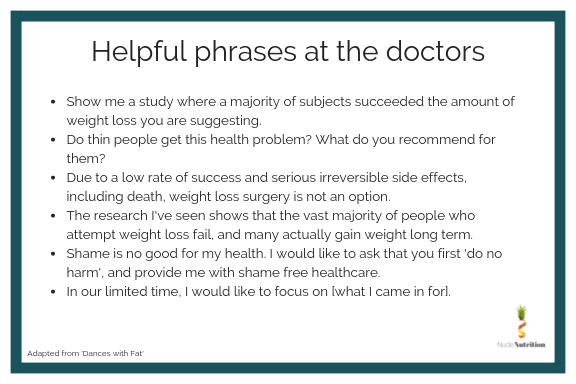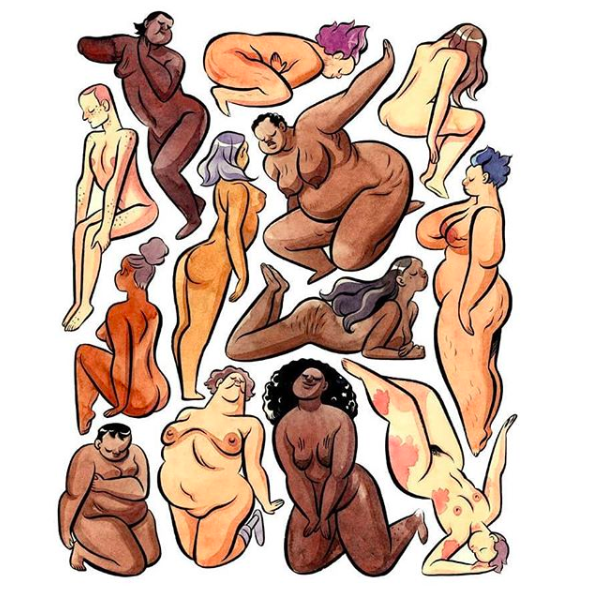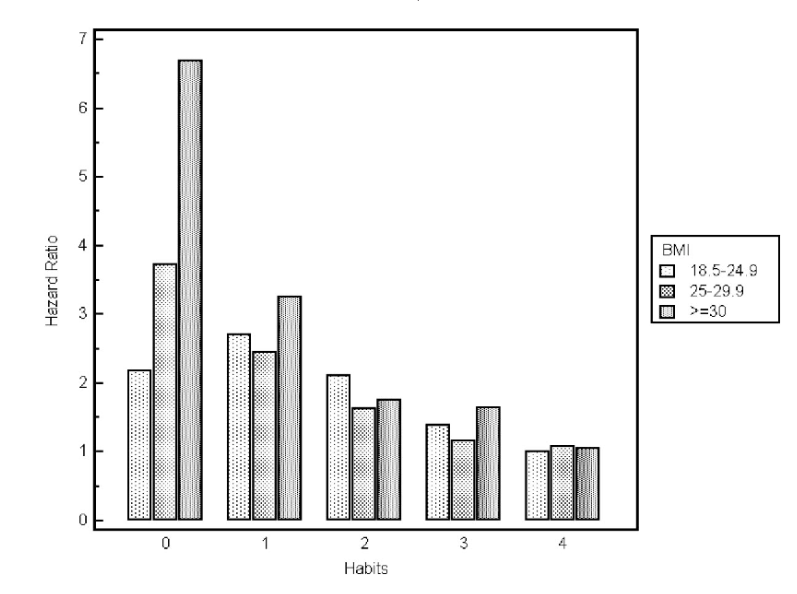One question that frequently echoes around the place of work, social media, and social circles, of many Health at Every Size (HAES®) practitioners is, “But, come on, can you really have health at any size?”.
This question usually comes after an individual first hears about the social justice movement HAES®. They are immediately confronted with a lot of confusion. We are told from a young age by doctors, other respected professionals, friends and family that our weight is a major (if not sole) determiner of our health and morality. It is no wonder that the messages surrounding HAES® come with some confusion.
Understanding weight science is one of the first steps to heal your relationship with food. Hopefully this article can help alleviate some misperceptions as well as shed some light on the principles of HAES®.
What is Health at Every Size ( HAES®)?
Health at Every Size® is a set of principles to help us advance social justice and create an inclusive and respectful community. It’s been developed to support people of all sizes in finding compassionate ways to take care of themselves. The phrase, “Can you really have health at every size?” comes from a general misunderstanding of what HAES® is.
HAES® is kind of like you, living your best life, where body size isn’t situated as the star of the show. You and all the things that you cumulatively value, are the star. This is because the phrase, “health at every size” is different from the phrase “healthy at every size.” HAES® takes the approach of examining the whole person and not an isolated characteristic of the person (aka weight).
HAES® is kind of like you, living your best life, where body size isn’t situated as the star of the show.

Image by Moose Kleenex
But doesn’t being high weight increase your health risks?
It turns out, despite decades of being told body size equates to health, new information indicates otherwise. Fat-phobia, or the fear of fatness, is rooted in many elements of our culture. Scientific researchers were and are, not exempt from that particular fear. Flawed research methods and a gross overgeneralisation of research results has added fuel to the fear of fatness.
Let’s look at some of the data…
The chart below is taken from a large study of 12,000 adults followed over 14 years below. It demonstrates that as a person partakes in more and more healthy habits (regardless of size), the risk of death reduces.
If you look at the group with a higher weight (BMI over 30kg/m2) the risk of death is the highest when no positive habits are followed (on the left). However, when this group partakes in a few positive health behaviours the risk of death is no greater than that of a thin person partaking in the same activities. I repeat – the risk of death is no greater than that of a thin person partaking in the same activities regardless of their weight.
These activities includes; physical activity, not smoking, reducing alcohol intake and increasing fruit and vegetable intake.
Why you may not be receiving the healthcare you deserve…
HAES® allows healthcare practitioners to provide equitable care to all patients regardless of their size. Have you ever been to the doctor for something really irrelevant to your weight like an eye infection, and left with a pamphlet on weight loss? Or maybe the healthcare provider didn’t give you the time of day? Maybe they didn’t believe you when you said that you eat your vegetables, don’t smoke, don’t drink and exercise? These are examples of weight stigma and these instances likely lead to avoidance of going back to your healthcare provider and ultimately worsened physical and mental health.
By taking a weight inclusive approach through HAES®, practitioners are acknowledging that assuming someone is healthy or unhealthy based on their size, is an unhelpful way to approach health care. Weight inclusivity acknowledges that an individual’s moral value and body size are not related to one another. One’s health is just that—their own health. Health can mean a lot of things to different people and we must all respect others in the ways they do, or do not, choose to pursue health.
The next time you visit the Doctor, and are told you need to lose weight for the 1274848728762784 time, perhaps you could use some of these phrases instead;


Taken and adapted from “Dances with Fat”
Asking, “Can you actually have health at every size?” shoots us all a little off the mark of what is really going on.
This question distracts us from the real injustice: People of all body sizes are not getting appropriate medical care or respectful treatment due to weight bias. To make matters worse, experiencing weight discrimination deters the individual from participating in potentially beneficial health behaviours. Because diet culture places an emphasis on weight, overall health is sacrificed.
Maybe you’ve experienced this during a time when you felt light headed and fatigued, but still didn’t eat, for the sake of a weight-related goal. Or maybe you’ve sacrificed a personal relationship for the sake of maintaining a diet. Whatever it may be, chasing a body size distracts us from other important aspects of our lives and health.
Rather than asking, “Can you actually be healthy at every size” we should all be asking, “Regardless of body size, in what ways, can we support health and well-being?”. The latter question acknowledges that all bodies are worthy of respect and compassion and that there are many ways in which we can support our health that have nothing to do with the size of our bodies.
Rather than asking, “Can you actually be healthy at every size” we should all be asking, “Regardless of body size, in what ways, can we support health and well-being?”.
Final Thoughts
Well, I warned everyone that this question wasn’t going to have a straightforward answer, but here we are. “Can you really have health at every size?” is a question that misses the mark. It fails to acknowledge that Health at Every Size® does not equate itself to the phrase Healthy at Every Size. Even so, as we examine new research, scientists are beginning to piece together that our health behaviours may play a more crucial role in our health than body size alone.
Finally, the question itself, is a distraction from the real injustices occurring in our society. In order to correct the damages that weight discrimination has done, we must confront our own internal biases and work towards a better world. With that, I leave the readers of this article with a question. The next time you hear, “Can you really be healthy at every size?”, how will you respond?







